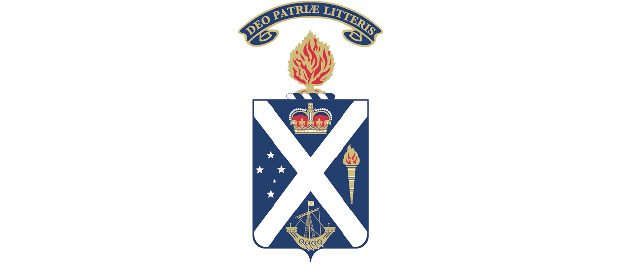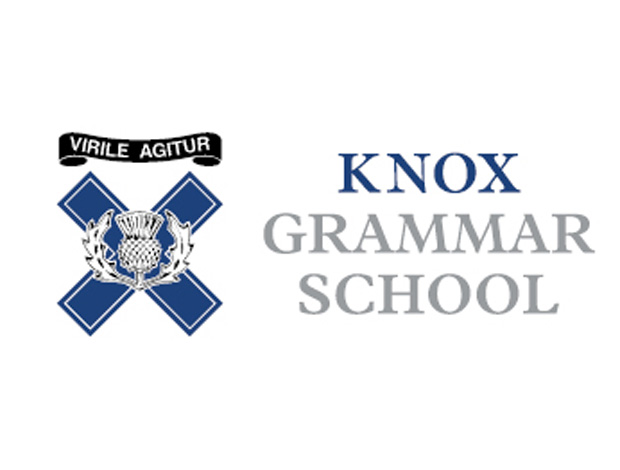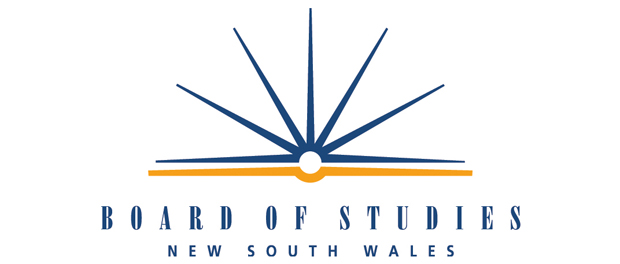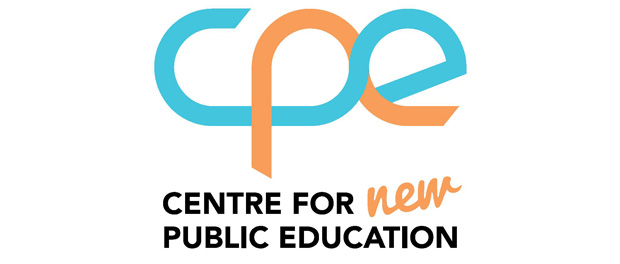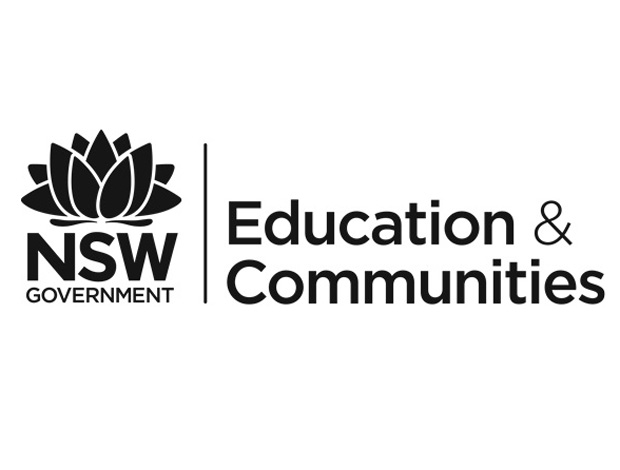My visit to Scotch College was hosted by Dr Peter Coutis, Director of Research, Learning and Teaching. I had three meetings: the first with Peter Hillman, Head of Library and Information Services; the second with Claire Von Boxel, teacher of Classics and the third with Peter Coutis, Barry Burton, Head of English and Pino Cutinelli, Head of Middle School.
Peter Hillman is a trained de Bono presenter, so much of our discussion was concerned with critical thinking skills, their cultivation and application. He explained how the Scotch library is staffed with ‘teacher librarians’ who, as well as teaching a subject are also attached to a form and lead a cross curricular unit each semester. These cross curricular units include a focus on critical literacy through social justice themes e.g. poverty, famine and sustainability. The materials used for these units include resources produced by the Victoria Association of Teachers of Geography in collaboration with AusAID and the Global Education Project. Titles include ‘Geographies of human wellbeing‘, ‘Water and the world‘ and ‘Water for life‘. These published resources include analysis of issues such as human wellbeing, empowering women and girls, poverty, population and disease.
Peter uses a number of approaches when teaching these cross-curricular units. He feels it is very important for students to explore and scaffold their thinking around an issue before having to articulate it. To do so, he uses a number of thinking templates which promote problem solving skills including the P.O.O.CH. (Problems, options, outcomes, choice) and the S.W.O.T. (Strengths, weaknesses, opportunities, threats), brainstorming and tree diagrams. These thinking skills are reinforced across the curriculum through the ‘core skills’ program.
The library staff members also lead sessions on digital critical literacy which aim to help students understand the different levels of information accuracy posted online. In English lessons, library staff lead other critical literacy-related activities including: cover and picture analysis of graphic novels (one example being Art Spiegelman’s, ‘Maus’); reading the text and pictures of comics separately then evaluating their richness when read together; asking what gaps and silences appear in texts; watching and critically responding to book and movie trailers, then producing their own; structuring critical engagement with novels by discussing whether the blurb did a good job and whether the protagonist would be a classroom friend or foe if he/she existed in real life. At Scotch, the librarians lead and support the development of critical literacy, especially for students in years 7-10. It is clear that they play a vital role in embedding critical skills across and beyond the subject-based curriculum.
Scotch makes generous provision for professional learning and development (PLD) including providing two meetings for form teachers in the Middle School who team-teach critical thinking. This opportunity for collaborative learning with the core skills program leader is a valuable and informal PLD activity. At these meetings they may discuss how best to deliver topics such as ‘CoRT thinking strategies‘, ‘Herrmann Brain‘ and ‘Digital Citizenship’. The school is currently trialling an assessment partnership project run by Professor Patrick Griffin at the University of Melbourne. Its aim is to get teachers to challenge their own perceptions of students and their diverse abilities across the curriculum. It will involve approaching assessment with new aims, professional dialogue and more focus on differentiated learning, ensuring that the most able students are sufficiently stimulated and challenged. This PLD will attract Masters credits for teachers who wish to continue with the academic elements of the program. This approach could be a model for raising teachers’ engagement with, and competence in, critical literacy education.
Barry Burton gave an overview of the ways in which critical literacy is taught in the Senior Secondary phase (Years 11 and 12). As part of the VCE English course, students must study the use of language to persuade. To do so, they use a textbook (Using Language to Persuade) written by a member of the department, Ryan Johnstone. This includes the analysis of visual language, writing formal analyses of newspaper articles and commercial advertisements identifying purpose, audience and effect. In Year 12, students must write and deliver a persuasive speech which is an assessed part of their English course. This is a valuable exercise not just for public speaking practice but also as preparation for life as a citizen. The need to formulate an ethical and informed position on an issue then justify it through oral communication is closely linked with participatory and deliberative conceptions of citizenship. Scotch is committed to preparing young men who are aware of their civic rights and responsibilities so they recognise the importance of equipping boys with skills to think critically and to take action which will benefit communities, near and far.
The boys are already involved in two such projects. The first is a partnership with a school in the Northern Territory. Through this partnership, Scotch College provides funding for the education of aboriginal children in an area socio-economic disadvantage. Scotch teachers and boys visit the school to work on various development and sustainability projects. For many boys, this is a life-changing experience as their privileged Melbourne lifestyle is set in a wider human context and they are caused to critically reflect on their ability to exert positive impact on communities across Australia. The second project is a camp at which the boys who have just left school look after disabled young people for three days to allow their parents and carers temporary respite. The responsibilities which boys take on require them to see the world from a different perspective and this makes them more aware of disability issues in society.
In concluding our discussions, two caveats were issued. Barry was uncomfortable in some ways with the critical literacy policy agenda. He dislikes the notion that students are made to be ‘suspicious of everything’ and thinks that templates for critical analysis can reduce rich literature to nothing more than a mechanical process. The second caveat was issued by Peter Coutis who was concerned at the tension which comes with the separation of critical literacy from good teaching. He thinks that good teachers teach critical literacy through their subject discipline and that the learning experience is more holistic if they do so without artificially introducing critical literacy as a separate skill. These caveats are most timely and will be important factors in the recommendations I make for critical literacy education in the UK.
